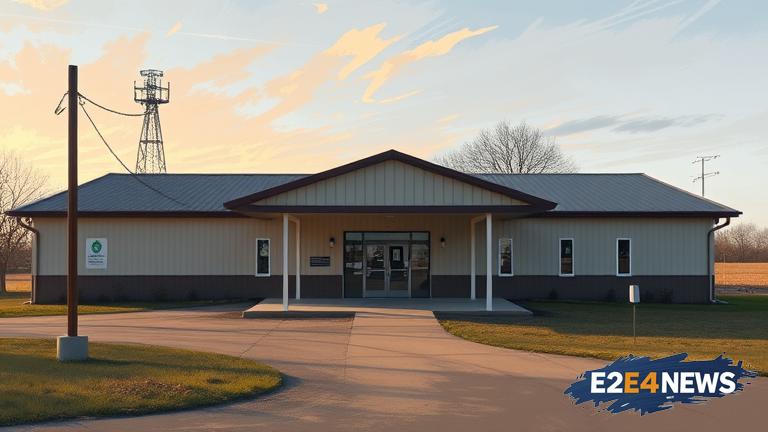The state of Missouri is grappling with a growing concern as rural maternity care units continue to close, posing a significant threat to the health and well-being of expectant mothers and their babies. According to recent reports, several rural hospitals in Missouri have been forced to shut down their maternity wards due to financial constraints, staffing shortages, and declining birth rates. This trend has left many rural communities without access to vital maternity care services, including prenatal care, labor and delivery, and postpartum care. As a result, pregnant women are being forced to travel long distances to receive medical attention, which can be a significant burden, especially for those with limited transportation options. The closure of these units has also led to a shortage of obstetricians and gynecologists in rural areas, making it even more challenging for women to access quality care. Furthermore, the lack of maternity care services in rural Missouri has been linked to an increase in maternal and infant mortality rates, which is a disturbing trend that needs to be addressed. The Missouri Department of Health and Senior Services has acknowledged the issue and is working to develop strategies to improve access to maternity care in rural areas. However, the solution will require a multifaceted approach that involves increasing funding for rural hospitals, recruiting and retaining healthcare professionals, and implementing innovative models of care. In the meantime, expectant mothers in rural Missouri are being forced to navigate a complex and often fragmented healthcare system, which can be overwhelming and stressful. The closure of maternity care units has also had a significant impact on the local economy, as hospitals are often the largest employers in rural areas. The loss of these jobs can have a ripple effect, leading to a decline in local businesses and a decrease in population. To address this issue, policymakers and healthcare leaders must work together to develop and implement effective solutions that prioritize the needs of rural communities. This may involve investing in telemedicine programs, which can provide remote access to specialty care, including obstetrics and gynecology. Additionally, there is a need to increase funding for rural hospitals and healthcare providers, which can help to stabilize their finances and ensure the long-term sustainability of maternity care services. The state of Missouri can also look to other states for examples of successful models of rural maternity care, such as the use of midwives and nurse practitioners to provide prenatal and postpartum care. Moreover, there is a need to raise awareness about the importance of maternal health and the challenges faced by rural communities in accessing quality care. By working together, it is possible to develop innovative solutions that improve access to maternity care and reduce health disparities in rural Missouri. The closure of maternity care units is a complex issue that requires a comprehensive and coordinated response. It is essential to engage with local communities, healthcare providers, and policymakers to develop a plan that addresses the unique needs of rural Missouri. This plan should prioritize the development of sustainable and equitable healthcare systems that provide high-quality care to all individuals, regardless of their geographic location. Ultimately, the goal should be to ensure that every expectant mother in Missouri has access to safe, timely, and effective maternity care, regardless of where she lives. The state of Missouri has a critical role to play in addressing this issue, and it is essential that policymakers and healthcare leaders work together to develop and implement effective solutions. By doing so, it is possible to improve health outcomes, reduce health disparities, and ensure that every individual has access to quality healthcare services. The future of rural maternity care in Missouri depends on it.
